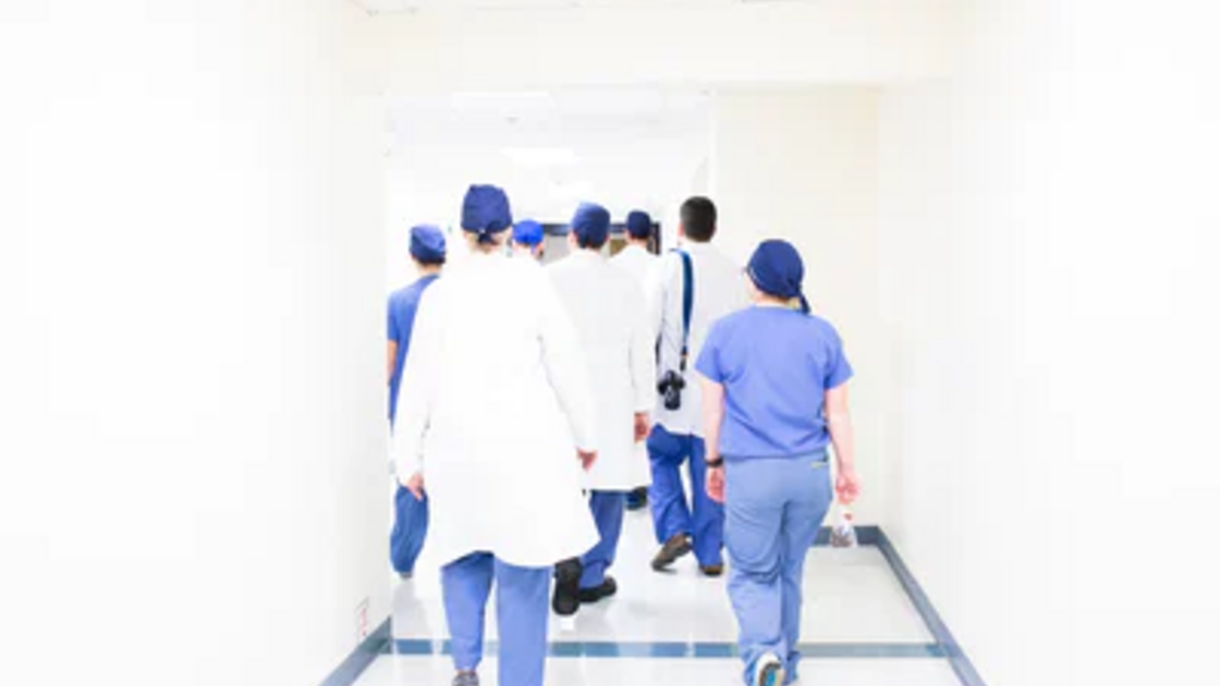Covid-19 was an unprecedented challenge for today’s world, particularly for the healthcare sector. Many things had to be changed, improved and adapted. At Fresenius Medical Care UK & Ireland we charged at the pandemic head-on, protected our patients, our staff, and formed new relationships and ways of working. While not without its challenges, the past year has made us stronger as a business. On reflection, tackling the pandemic successfully came down to three key things: preparation, communication and collaboration.
Preparation
From the start of the Government’s work-from-home mandate, our world has been in a state of flux. It was important to us to be on the ball with updates and support our employees as best as we possibly could. To do this, we put together a Crisis Team to support the business, to react to the ongoing pandemic, but also to think ahead and pre-empt oncoming challenges.
As the year rolled on, we looked at what the business might look like from a post-lockdown perspective. We put together a working team to develop the Post-Lockdown Plan (PLP), which focuses on 5 different work streams: communication, adaptability of staff and premises, office transformation, training and education of staff and IT support. This is an on-going project; one which I am very proud of and am certain will serve us well in the years ahead.
In conjunction with the Plan, we developed a Covid-19 policy. We started curating it very early on in 2020, when Covid-19 was still very much an unknown entity. We didn’t know what to expect, so we created a standard operating procedure for times of crises, which prepares us for any future disruptions.
Communication
It wasn’t enough to have a plan and policy to arm decision-makers. The next piece of the puzzle was to communicate these to our employees. The pandemic gave our business a unique opportunity to change how we communicate with our staff and to make our workplaces more inclusive. We recognised and grabbed this opportunity.
We started the process with an organisation-wide staff survey, which gave us the feedback we required and helped us understand our employee’s perspectives on the pandemic.
We were conscious from the beginning that our staff were going from seeing their colleagues and interacting with them face to face every day, to being physically separated and isolated from them within 24 hours, and it was unclear at the time how long this would last. We take the mental wellbeing of employees very seriously, so therefore, we had to look at ways of providing consistent communication to them, as well as training for leaders to support the development and wellbeing of remote staff. In addition to this, we set up an employee support programme which has received positive feedback from those who have used it.
Staff engagement is a top priority for Fresenius Medical Care, and I believe that the pandemic really drove that home. When people feel engaged, they take ownership and pride in their work, and are therefore more likely to deliver higher quality results. To ensure our employees feel invested and engaged in the business, we instated frequent Q and A sessions with the Board. These allow for a two-way stream of communication, providing an open forum and giving everyone a chance to voice their opinions. Questions posed by our staff are sometimes challenging, I’ll admit, but in these sessions no question goes unanswered, and discussions are followed by action. As a result of these Q and A’s, people started feeling closer to the Board, and to senior management. It helped to create more collaborative energy within the business.
Collaboration
As a result of our survey, support programme and Q and A sessions, internal collaboration between employees is at an all-time high.During the pandemic we needed to communicate more, and found ourselves having more frequent, open and honest conversations. We discussed issues and made decisions as a team, which was particularly important when there weren’t always clear outcomes and when decisions needed to be made very quickly. Many businesses like ours must have undergone similar process of evaluating how they communicate internally, and this seems to have had a positive knock-on effect on how we as an industry collaborate with each other – I hope this continues.
While this article focuses more on our experiences as a business – and I hope there are learnings in here for everyone – in my next article I will focus specifically on the impact of Covid-19 on our dialysis units, on the staff and vulnerable patients who continued to receive dialysis throughout the pandemic.
